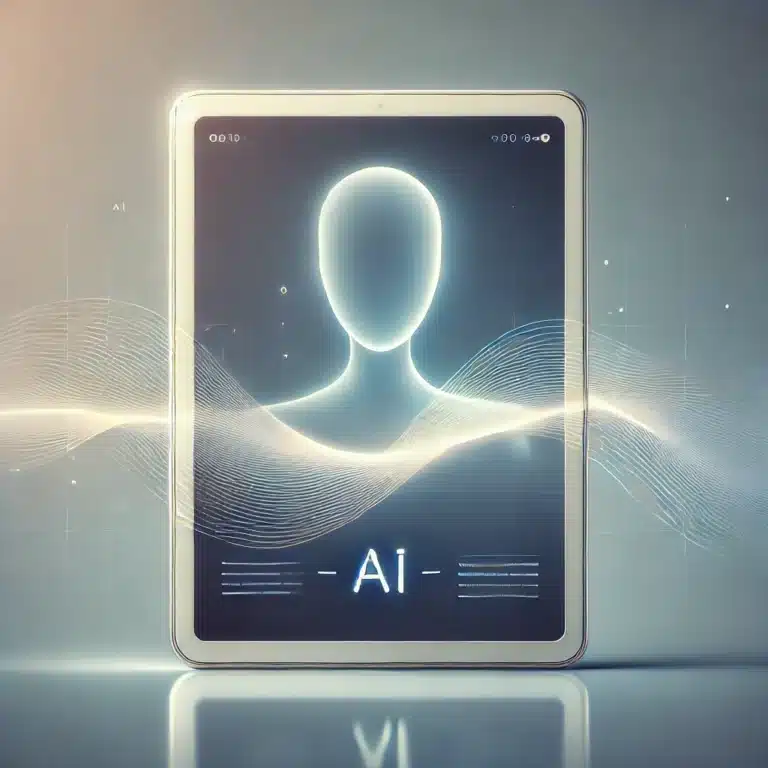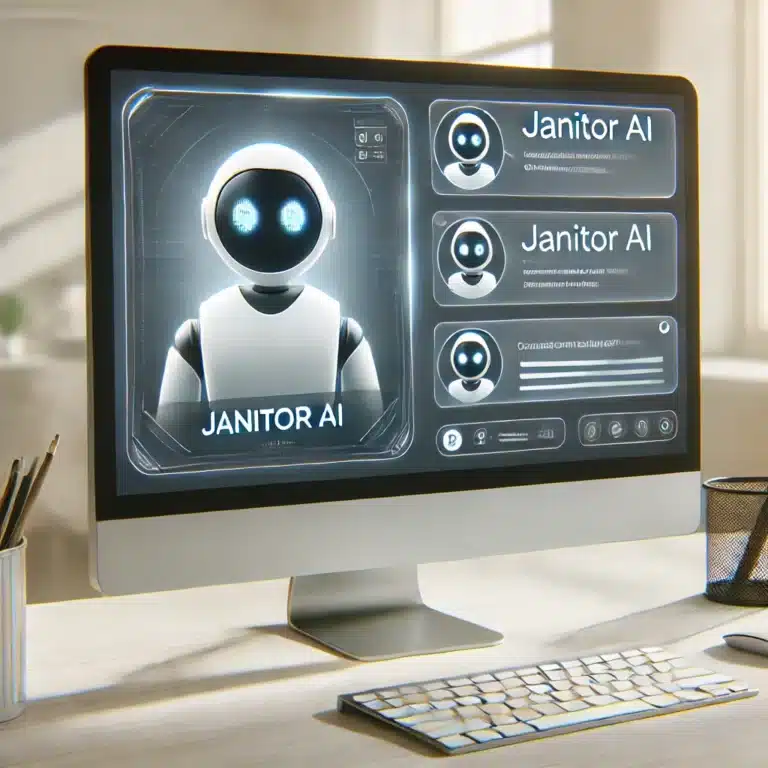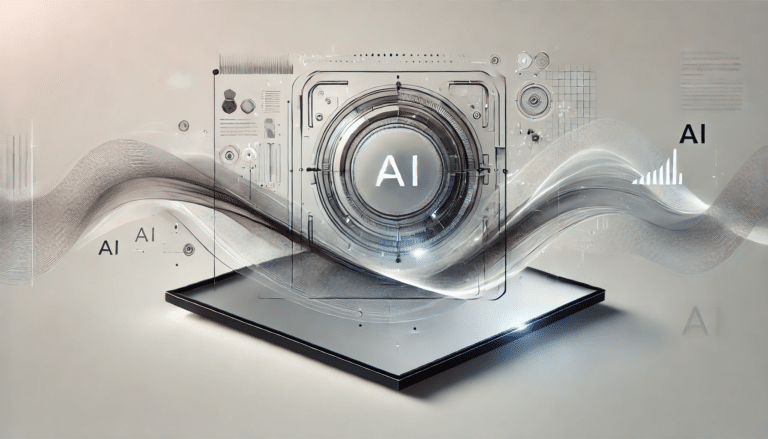Introduction
Artificial Intelligence (AI) is rapidly transforming industries, and the legal profession is no exception. With that being said, many have posed the question will lawyers be replaced by AI? A 2023 study by Princeton University identified the legal sector as one of the most vulnerable to AI disruption, raising concerns about the future of legal jobs. AI-powered tools are already handling tasks like contract analysis, legal research, and document review—jobs that once required hours of human labor. But does this mean that AI will replace lawyers entirely? And if so, when will AI replace lawyers? The short answer: AI will enhance legal work but won’t replace lawyers anytime soon.
While AI is making legal work faster and more efficient, it still has significant limitations. Ethical concerns, privacy risks, and the need for human judgment in complex legal matters ensure that lawyers remain indispensable. Instead of replacing legal professionals, AI is likely to enhance their capabilities, allowing them to focus on higher-level strategy and client advocacy. In this article, we’ll explore how AI is reshaping the legal field, its limitations, and what the future holds for lawyers in an AI-driven world.
Let’s dive into how AI will change the legal profession, the challenges it brings, and why lawyers are here to stay.
Will AI Replace Lawyers?
The Role of AI in Legal Work
AI is already handling many repetitive legal tasks that traditionally required human effort. Advanced AI tools can:
• Review legal documents for inconsistencies.
• Analyze contracts for key clauses and risks.
• Conduct legal research in seconds.
• Predict case outcomes based on historical rulings.
• Assist in e-discovery, filtering large amounts of data.
Despite these capabilities, AI will not replace lawyers because it lacks human judgment, creativity, and the ability to advocate for clients in court.
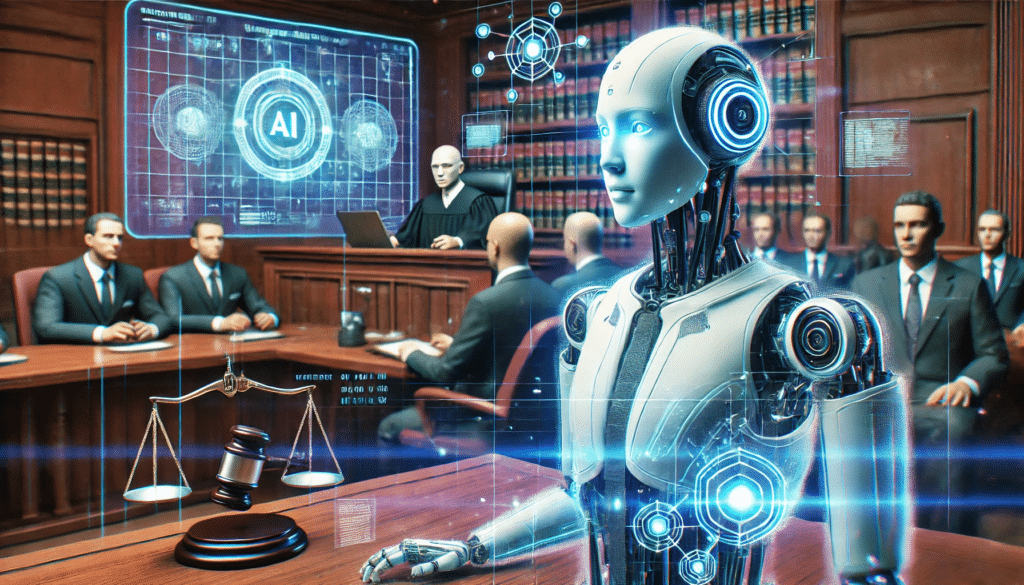
How AI Capabilities Compare to Human Expertise
While AI excels at processing data, it cannot replicate the nuanced decision-making that lawyers provide. Human lawyers bring:
• Critical thinking – AI lacks the ability to craft creative legal arguments.
• Negotiation skills – Settling disputes requires persuasion and emotional intelligence.
• Advocacy – AI cannot represent a client in court or form personal legal strategies.
AI is a tool, not a replacement. It increases efficiency but cannot replace the fundamental skills that make a lawyer valuable.
When Will AI Replace Lawyers?
The legal industry is rapidly evolving, but full AI replacement is unlikely. The technology still has significant limitations, including:
• AI-generated errors (“hallucinations”) that make legal mistakes.
• Inability to understand context or interpret laws creatively.
• Ethical concerns surrounding AI’s decision-making.
Instead of replacing lawyers, AI will continue to be a valuable assistant, helping legal professionals streamline their work and improve efficiency. So it is not a question of when will AI replace lawyers, but how lawyers will change their working practices to incorporate AI.
How Will AI Change the Legal Profession?
AI in Document Review and Contract Analysis
One of the most impactful uses of AI in law is document review and contract analysis. AI tools can:
• Identify missing clauses in agreements.
• Ensure contracts comply with regulations.
• Flag potential legal risks in documents.
This automation saves lawyers time, allowing them to focus on complex legal strategy rather than repetitive paperwork.
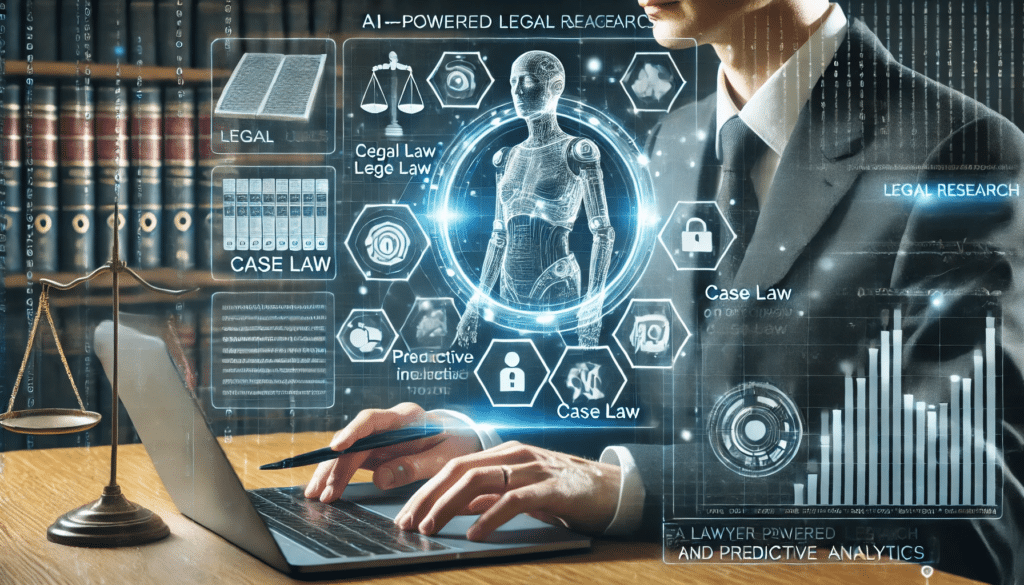
The Impact of AI on Legal Research
AI-powered legal research platforms like Westlaw Edge help lawyers:
• Find relevant case law quickly.
• Use predictive research suggestions.
• Receive AI-generated legal summaries.
With these tools, lawyers can conduct research more efficiently while maintaining accuracy.
Are There Any Laws About AI?
AI regulation is still developing. Many legal bodies are discussing:
• Ethical AI use in law – Ensuring AI meets professional legal standards.
• Data privacy laws – Addressing how AI handles confidential information.
• Liability concerns – Defining responsibility when AI provides incorrect legal advice.
While AI adoption is increasing, laws about AI in the legal field remain a work in progress.
Risks and Challenges of AI in Law
Accuracy and Reliability Concerns
AI is not foolproof. It sometimes generates incorrect or misleading information, which can be a major issue in law, where precision is critical.
Privacy, Security, and Data Risks
Legal AI tools process vast amounts of confidential client data. Firms must ensure that AI platforms comply with strict privacy regulations to protect sensitive information.
AI’s Effect on Job Roles in the Legal Industry
While AI reduces the need for clerical legal tasks, new roles are emerging, such as:
• AI compliance specialists.
• Legal tech consultants.
• AI-powered legal research experts.
Lawyers who adapt to AI will stay ahead, while those resistant to change may struggle.
Can AI Be Ethical?
Ethical Challenges of AI in Law
AI raises serious ethical questions, such as:
• Bias in AI decision-making – AI models can reflect biases in their training data.
• Confidentiality risks – AI must protect sensitive legal information.
• Accountability concerns – Who is responsible if AI provides incorrect legal advice?
These issues highlight why AI must be used responsibly in the legal profession and still raises the question is the use of AI ethical among legal scholars .
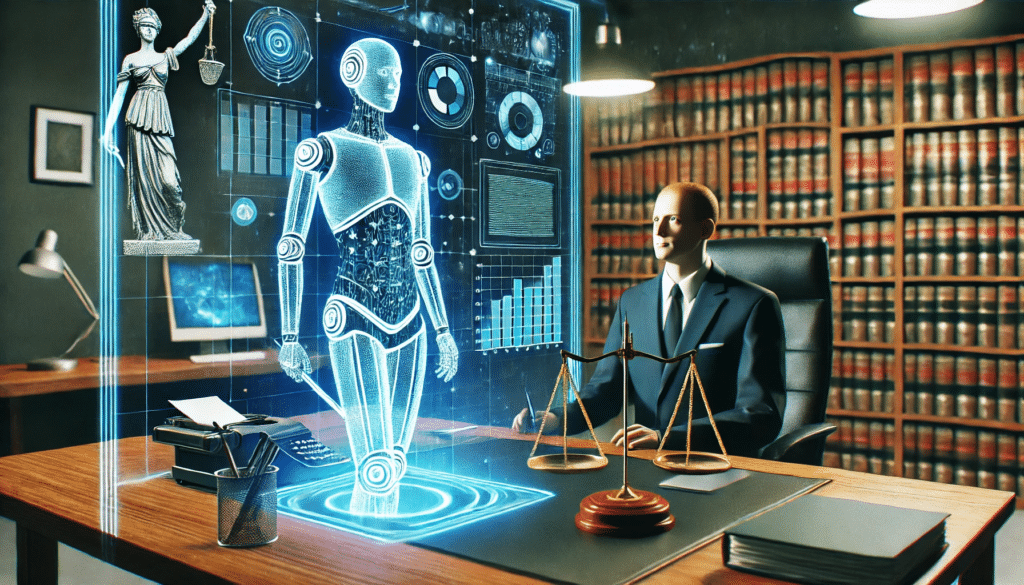
Is the Use of AI Ethical?
Lawyers are debating whether the use of AI is ethical in legal decisions. While AI can provide valuable assistance, final decisions should always involve human oversight.
How Law Firms Can Implement AI Responsibly
To ensure ethical AI use, law firms should:
• Use AI as a tool, not a decision-maker.
• Regularly audit AI-generated content for accuracy.
• Train legal professionals to use AI effectively and responsibly.
Preparing for the Future of AI in Law
How Lawyers Can Adapt to AI Advancements
To remain competitive, lawyers should:
• Learn how to use AI tools to enhance productivity.
• Develop skills AI cannot replace, such as legal strategy and advocacy.
• Stay updated on AI regulations and ethical concerns.
The Importance of Human Oversight in AI-Driven Legal Work
Even with AI’s advancements, human lawyers are still necessary to:
• Ensure legal accuracy and compliance.
• Provide client-centered legal advice.
• Interpret and apply laws in complex cases.
The Evolving Role of Legal Professionals
As AI handles routine tasks, lawyers will shift toward:
• Higher-level legal strategy.
• Negotiations and courtroom advocacy.
• Interpreting and applying laws in new and complex ways.
Lawyers who embrace AI will become more efficient and valuable in the profession.
Conclusion
In conclusion, will lawyers be replaced by AI? while AI is transforming the legal profession by automating routine tasks and enhancing efficiency, it is unlikely to replace lawyers entirely. The human elements of critical thinking, ethical judgment, and personalized client interaction remain irreplaceable. Lawyers who adapt by integrating AI tools into their practice can focus more on complex legal reasoning and client advocacy, ensuring they remain indispensable in an AI-augmented legal landscape.
